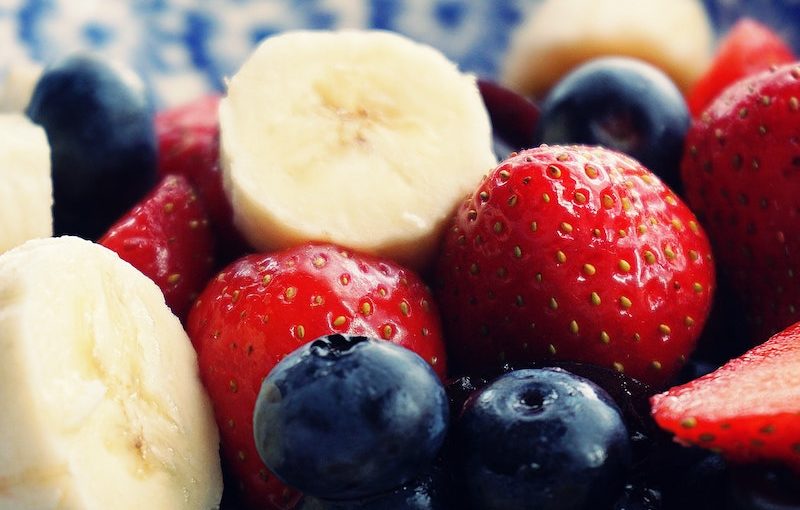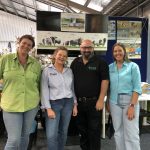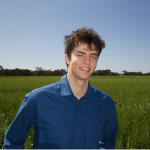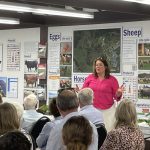Many primary and high school students across Australia are still finding it difficult to distinguish where much of their food and fibre comes from.
In-depth analysis by the Primary Industries Education Foundation Australia (PIEFA) has found a third of students don’t know that yoghurt comes from a cow or that their denim jeans come from a cotton plant.
Primary Industries Education Foundation Australia’s Chief Executive Officer, Luciano Mesiti, says the latest study conducted by the Foundation is concerning, as many children and teenagers have little idea about agriculture or how important it is in their daily life.
“We’ve been working with educators right across the country since a similar report commissioned by PIEFA was released in 2011 and we can see some changes in the education curriculum to highlight agriculture and its importance to human life,” Mr Mesiti said. “The Food, Fibre and Our Future 2020 Report shows there is a long way to go for the next generations to appreciate how important agriculture is to have a healthy and affordable life.
“While it’s encouraging that students’ knowledge about industries such as eggs, dairy, fruit and vegetables is much better, there is still a limited understanding about the rice, cotton, aquaculture, grains and oilseed industries. “It’s disappointing that over 60% of students don’t know that cotton is used to make jeans and it is derived from the cotton plant, with many thinking it’s made from a nonnatural petrochemical.”
Another important part of the research was examining a willingness for the next generation to take up a career in agriculture. The report found while many students found the subject interesting, there was only limited follow through in undertaking studies.
“It’s important that we attract highly skilled people to the agriculture profession so we can continue to grow our primary industries that not only feed and clothe us, but provide valuable export income for our Nation,” Mr Mesiti said.
“We need to produce food and fibre more efficiently for our societal needs particularly with a changing and more challenging environment under climate change projections. “It’s important students completing their secondary education see primary industries as a fruitful career and look towards studies in the various food and fibre fields. There are well paid professional jobs such as agronomists which are a great career choice.
“There is currently a shortage of skilled people in agriculture and careers in the field are rewarding and provide a real benefit to society.” The findings from the report will now be taken back to government and education departments to see if there can be further changes to curriculums around Australia. Primary Industries Education Foundation Australia will also be highlighting the benefits of a career in Agriculture in an attempt to attract more people into the food and fibre fields.
Media contact Luciano Mesiti -The Food, Fibre and Our Future 2020 Report can be found at: https://www.piefa.edu.au/reports .
About Primary Industries Education Foundation Australia (PIEFA)
PIEFA is a not-for-profit organisation established to encourage greater learning about Food and Fibre Production in Australian Schools. It is the peak body for primary industries education in schools. It receives funding from its members, primary industry organisations, Australian Government grants, philanthropic organisations and from the
services it provides. PIEFA is a registered charity. PIEFA works closely with the Australian Curriculum Assessment and Reporting Authority (ACARA) and the State and Territory school systems and education departments. The goal of the Primary Industries Education Foundation Australia (PIEFA) is to provide a source of information on primary industries for educators to better equip students with not only knowledge about what goes into their food and fibres but also what career opportunities exist in primary industries.






